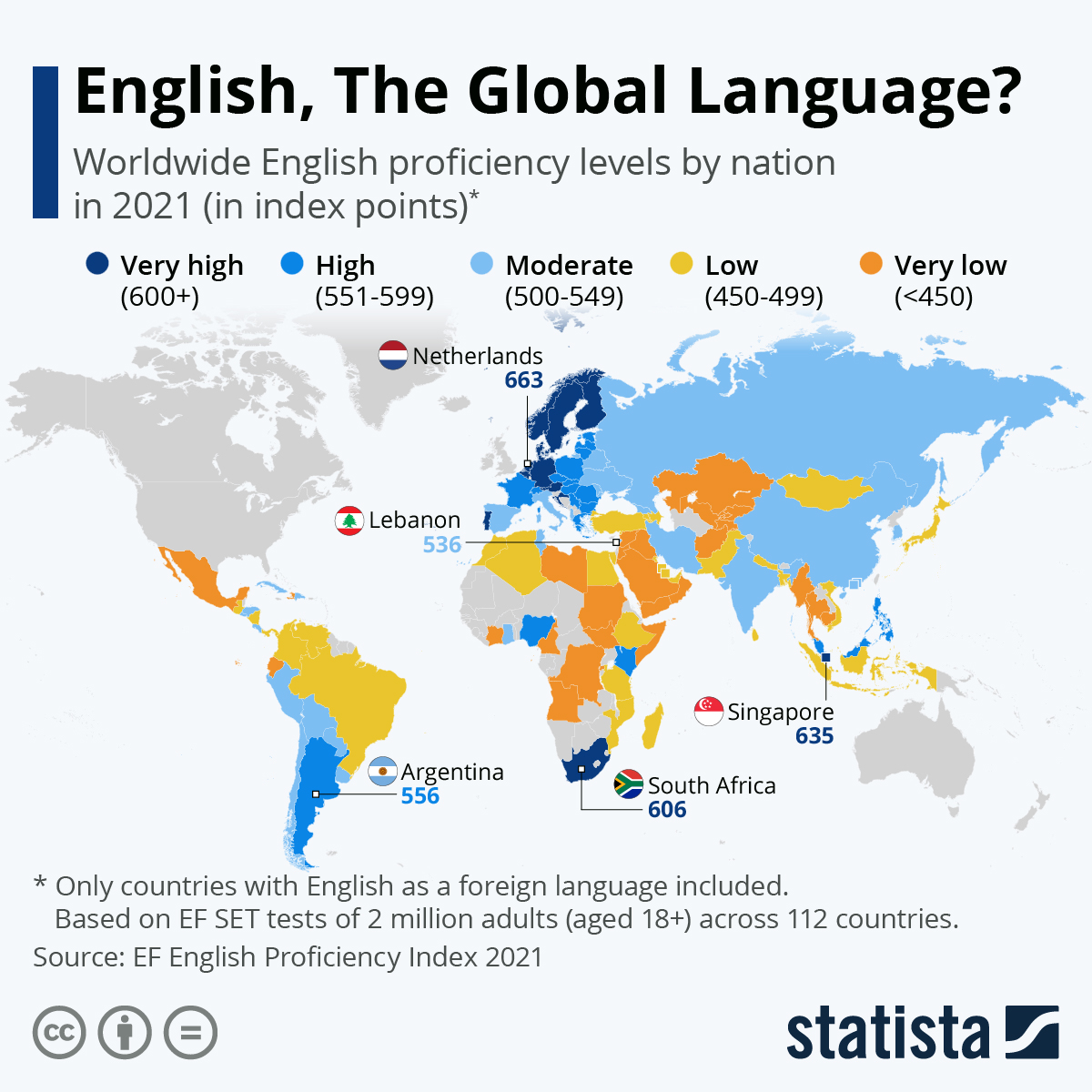English Speaking Countries In Africa : Discover the Influential Nations
Africa is a diverse and culturally rich continent with over 54 countries, each with its own unique heritage and languages. One of the legacies left behind by colonialism is the widespread use of English across many African nations. English has become an official language, widely spoken and understood by a significant portion of the population in several African countries. In this article, we will explore the English-speaking countries in Africa and shed light on their linguistic diversity.
List of English Speaking Countries in Africa:
| Country | Population | Official Language | Other Major Languages |
|---|---|---|---|
| Nigeria | 200 million | English | Hausa, Yoruba, Igbo, Fulfulde |
| Ghana | 30 million | English | Akan, Ewe, Ga, Dagbani |
| Kenya | 50 million | English, Swahili | Luo, Kikuyu, Luhya, Kalenjin |
| South Africa | 58 million | English, Zulu, Xhosa, Afrikaans | Sesotho, Setswana, Siswati |
| Uganda | 44 million | English, Swahili | Ganda, Acholi, Luganda, Runyankole |
| Zimbabwe | 15 million | English, Shona, Ndebele | Tswana, Sotho, Venda |
| Zambia | 17 million | English | Bemba, Chewa, Tonga, Lozi |
These are just a few examples of English-speaking countries in Africa. Each country has its own linguistic landscape, with English serving as an official language alongside indigenous languages. English in these countries has evolved to incorporate local influences, resulting in unique dialects and accents.
Importance of English in Africa
English plays a crucial role in education, governance, business, and international communication in Africa. It is often used as a language of instruction in schools, facilitating access to global knowledge and opportunities. English fluency has become a valuable skill in the job market, especially in sectors such as tourism, hospitality, and international trade.
In addition, English is instrumental in fostering regional and continental integration within Africa. Organizations like the African Union use English as one of their working languages, allowing member countries to effectively collaborate and address regional challenges.
Challenges and Opportunities
While English brings numerous advantages, there are also challenges associated with its use in Africa. Language diversity can sometimes lead to linguistic barriers within a country, as not all citizens may be proficient in English. This can result in a digital divide or exclusion from certain opportunities, as English fluency is often required for accessing online information or participating in global discussions.
However, there are efforts to overcome these challenges. Many African governments prioritize English language education and promote bilingualism, recognizing the importance of preserving indigenous languages alongside English. NGOs and international organizations also support initiatives to bridge the language gap and promote linguistic inclusivity.

Credit: ischoolconnect.com

Credit: www.semanticscholar.org
Conclusion
English is undoubtedly an influential language in Africa, with its presence felt across various sectors and communities. It has become a tool for socioeconomic advancement and regional collaboration. However, it is important to strike a balance that values linguistic diversity and ensures inclusivity for all citizens.
Africa’s linguistic tapestry is rich and vibrant, and English serves as a bridge between different cultures and traditions. Embracing this linguistic diversity can lead to a more interconnected and harmonious Africa.






